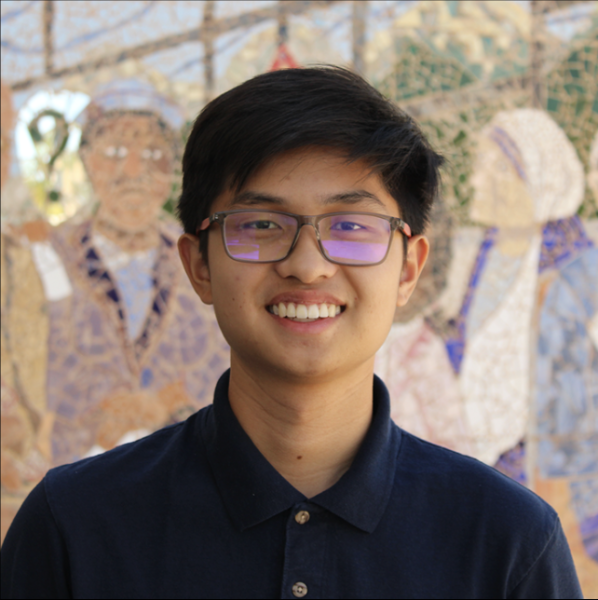Scholastic Books Fairs discontinued its newest collection on Oct. 25, titled “Share Every Story, Celebrate Every Voice.” Founded in 1920, Scholastic holds book fairs in schools nationwide and had recently added “Share Every Story, Celebrate Every Voice” to cover diverse topics, including racism and highlighting LGBTQ stories, and required elementary schools to opt in, in order to sell these select books. Prior to removing the collection, Scholastic received widespread scrutiny over creating it in the first place.
On Oct. 25, Ellie Berger, president of Scholastic Trade Publishing, announced the change in an apology letter. Authors and various media sources have obtained copies, and the letter has circulated on X.
“Even if the decision was made with good intention, we understand now that it was a mistake to segregate diverse books in an elective case,” Berger wrote. “We recognize and acknowledge the pain caused.”
The change will come starting January, with the collection staying at Scholastic fairs for the remainder of the year. The decision has found approval with certain authors and organizations, including PEN America, a nonprofit dedicated to free expression in literature and human rights. Much of the criticism associated the collection with censorship of diverse voices.
“Sequestering books on these topics risks depriving students and families of books that speak to them.” PEN America wrote in a statement. “It will deny the opportunity for all students to encounter diverse stories that increase empathy, understanding and reflect the range of human experiences and identities.”
These titles include biographies from supreme court justice Ketanji Brown Jackson, the picture book “Changes Signs” by poet Amanda Gorman, and a novel featuring a Cherokee boy titled “The Storyteller.”
However, some critics have been further angered by Berger’s announcement, believing entirely taking the collection off is an even worse form of censorship.
Facing pressure from both sides, Scholastic created the collection after state legislators, namely Texas, Florida, and Missouri, increasingly introduced bans on certain titles. In a prior letter defending the collection on Oct. 13, Scholastic had cited this as the reasoning behind “Share Every Story, Celebrate Every Voice.”
Scholastic included in its announcement on Oct. 13 that distributing controversial titles under certain state laws can endanger teachers, librarians, and volunteers supporting Scholastic book fairs, where they can be fired, sued, or prosecuted for selling certain books. In addition, Scholastic also claimed separating books into this collection allowed the organization to distribute these titles at all.
However, Scholastic has reached the point where these titles have been taken off the book fair entirely. Although Scholastic has indicated it will continue to meet the needs of educators based on local restrictions, there is no clear route for Scholastic to resume distribution of select titles. Despite recent events, Scholastic will still share the voices of some diverse authors, even with the exclusion of others.
“Scholastic is an essential source of knowledge and a delight for countless children,” Jonathan Friedman, a leadership member of PEN America, said. “We are glad to see them champion the freedom to read.”



























































